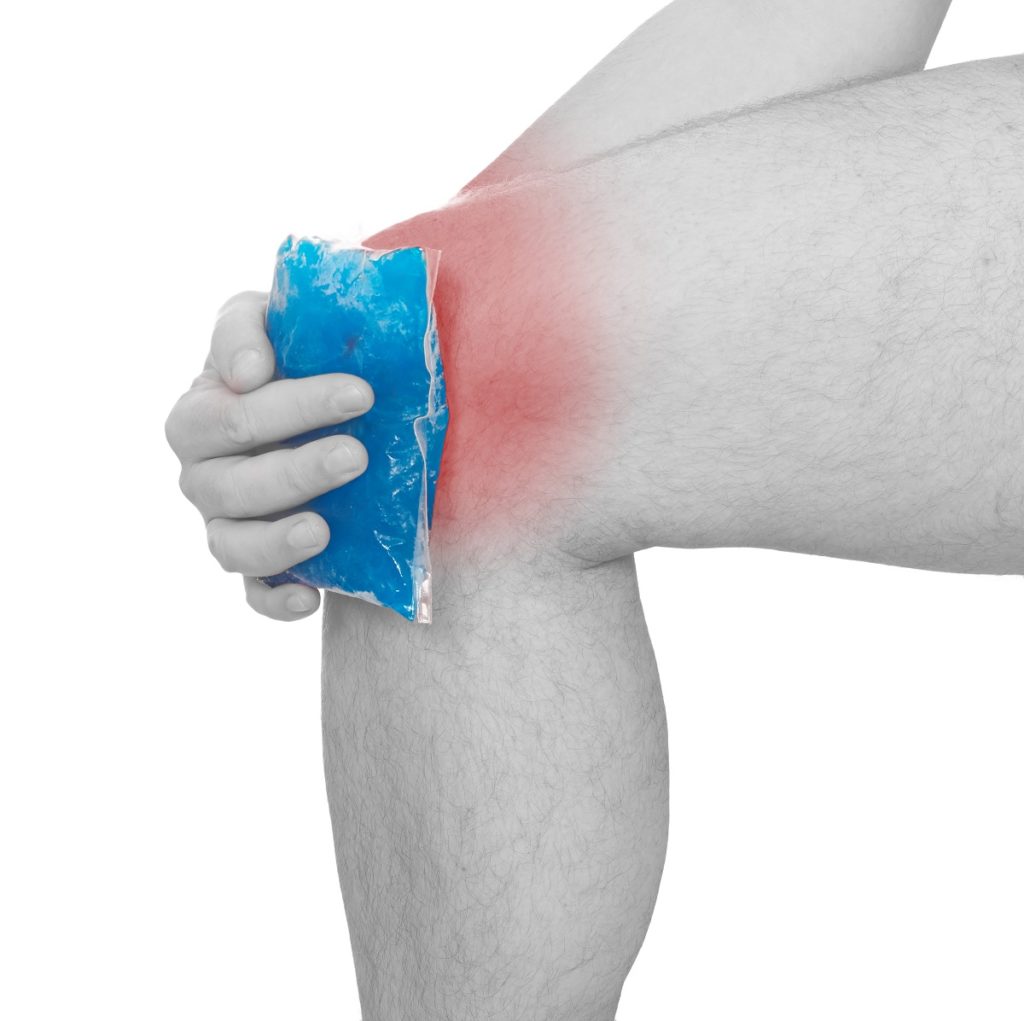Anorexia nervosa is not just any ordinary eating disorder. As a matter of fact, this condition has more than just lethal physical symptoms. It is also a health condition that affects an individual psychologically and emotionally. If left untreated, it can lead to physical complications and even psychological issues, including suicidal thoughts. This is the very reason one should never take anorexia for granted.
If you suspect a loved one is anorexic, never turn a blind eye. Do what you can to support their road to recovery. This is a serious condition that requires expert diagnosis and intervention. Thankfully, many treatment programs for anorexia nervosa are now available in the U.S. If you don’t pay attention to the warning signs, you can lose your chance to help your loved one get the proper intervention they need to recover.
Many myths and misconceptions surround anorexia nervosa. These can stop you from providing the best kind of help your anorexic loved one may need. Know the facts behind the common ones and have a better understanding of anorexia.
Myth #1: Only underweight people can be anorexic.
Many think that one needs to look more like skin and bones before you can call them anorexic. In reality, anorexia can affect people, no matter their shape or size. It is true that the majority of people with anorexia are underweight. However, even those with normal weight or are overweight can be anorexic.
Myth #2: This eating disorder is a choice.
No anorexic individual simply woke up and made the decision to be anorexic. It is important to realize that anorexia is a serious eating disorder. This is not just a lifestyle choice. The exact causes of anorexia are unknown. But several factors can contribute to anorexia. These include genetics, social, environmental, and psychological factors. This means that simply telling an anorexic patient to make healthier lifestyle choices won’t work.

Myth #3: Anorexia is just a phase.
Anorexia is not just a phase. Know that the deadliest mental illness these days is anorexia. This condition can also cause permanent damage to your major organs, bones, and even your reproductive health. This only shows that it is not just some phase teenagers often get during their toughest years.
Myth #4: It is all about food.
Another common anorexia misconception is the thinking that it is all just about food. According to studies, eating disorders are not just about food. They have a direct link to obsessive behavior, perfectionism, self-hatred, low confidence, and depression. In an attempt to take control of an aspect for their life, they turn to something only they have control over, which is food.
Myth #5: No individual obsessed with food can be anorexic.
Do you find your loved one suddenly becomes obsessed with all things food? This can be them collecting recipes non-stop and watching food videos. Some people use that to study food without having to consume it. This prompts anorexic side effects, including dangerous weight loss levels.
Without proper intervention, severe anorexia can result in mortality. This is why you should never take anorexia so lightly. The good news is that anorexia can be treated through self-help, therapy, and support groups. However, it is your support that can drive them to a faster recovery. By keeping yourself updated with the facts, you’ll be prepared to help your anorexic loved one recover.




